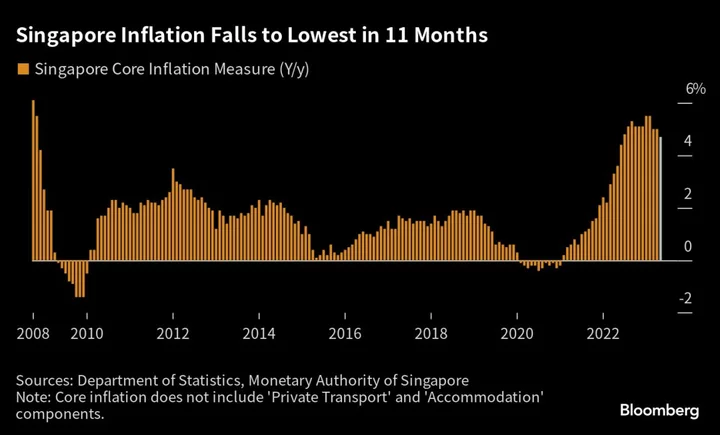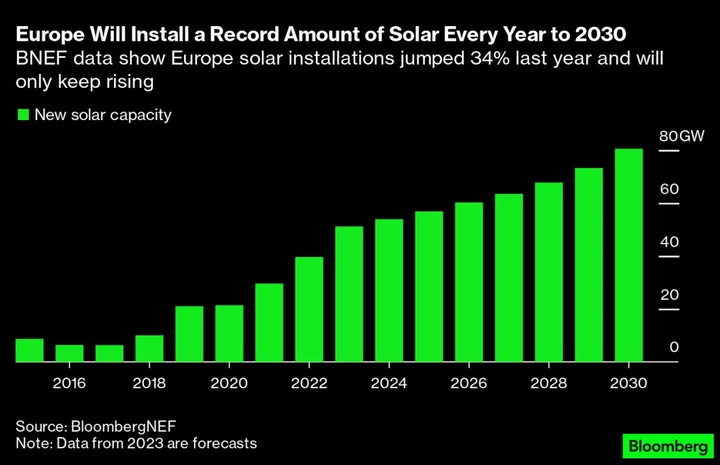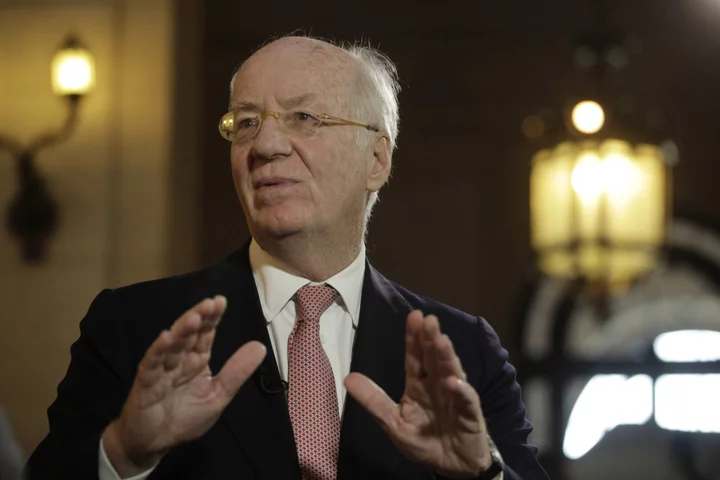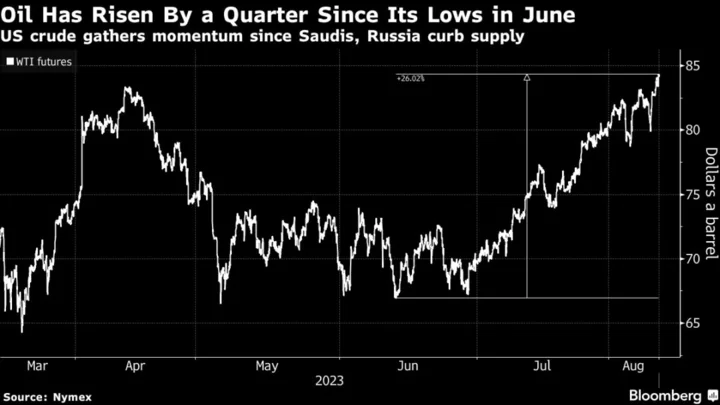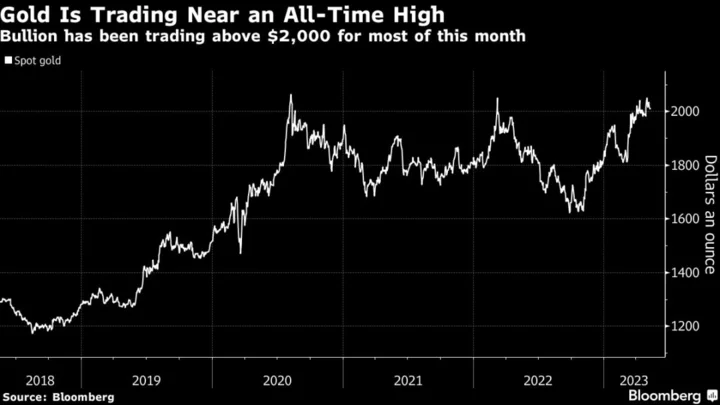Singapore’s core inflation rate cooled in May to the lowest in 11 months, helped by a deceleration in transport and food prices.
The core measure, which excludes housing and private transportation costs and is watched by the central bank to determine policy settings, came in at 4.7% from a year earlier, official data showed Friday. That matched the prediction by economists in a Bloomberg survey.
The reading supports expectations that monetary policymakers will likely stand pat at least for the near term to support the trade-reliant economy that began showing signs of slowing amid a downturn in global commerce. The Monetary Authority of Singapore, which uses the exchange rate as its main policy tool, already paused monetary tightening in April after five moves since October 2021.
The all-items inflation cooled to 5.1% from 5.7% in April.
“Global supply chain frictions and consumer goods inflation in the advanced economies have continued to ease,” The MAS said in a joint statement with the Ministry of Trade and Industry. “Global energy and food commodity prices have also moderated further. As a result, prices of Singapore’s imported goods have continued to decline on year-on-year terms.”
Other details from Friday’s print:
- Food prices rose 6.8% from year ago
- Housing and utilities increased 4.4% year-on-year
- Transport rose 6%
--With assistance from Tomoko Sato and Michelle Jamrisko.

